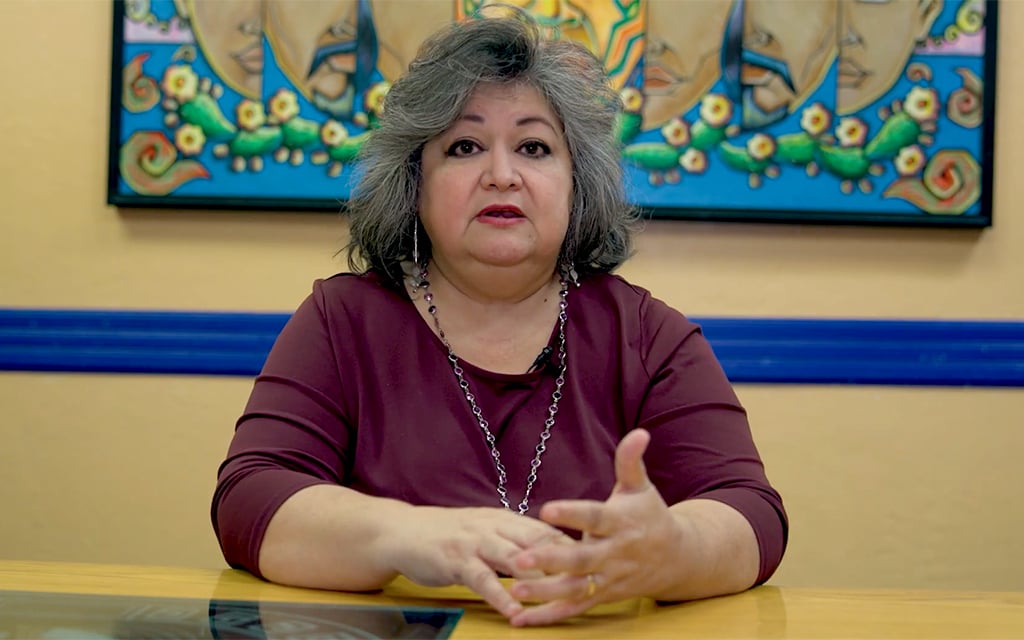Arizona’s anti-immigrant policies foster a culture of fear and create barriers to mental health care for undocumented communities

Cronkite News by John Leos, January 16, 2024: Ileana Salinas has to renew her immigration status this year. If she misses the deadline or doesn’t get approved, she doesn’t know what will happen to her job, her family, or her life in the United States. Living each day in survival mode has taken a toll on her mental health, and the ever-changing slew of immigration policies are compounding the problem.
Salinas is a recipient of temporary immigration protection under the Deferred Action for Childhood Arrivals initiative, or DACA, enacted by the Obama administration in 2012. This program was intended to temporarily alleviate the threat of deportation for the hundreds of thousands of undocumented youth who immigrated to the United States as children.
As of Sept. 30, 2023, there were 544,960 active DACA recipients in the U.S., 20,750 of them in Arizona according to the most recent numbers from U.S. Citizenship and Immigration Services. California and Texas had the most DACA recipients last year, while Arizona had the seventh highest number among states.
But that may only be a fraction of those eligible to participate in DACA, according to the Migration Policy Institute, which estimated that as many as 1.16 million people in the U.S. and 44,000 in Arizona could be eligible for protection.
“I am grateful because I have gotten to taste what an American dream is like,” Salinas said. “But at the same time, it’s living your life two years at a time.”
DACA recipients must continue to renew their legal status every two years amid extended legal challenges that could result in the loss of legal status for over half a million people. While DACA recipients can be authorized to work, they are ineligible for federal health programs such as Medicaid, the Children’s Health Insurance Program and the Affordable Care Act marketplace. According to KFF, a nonprofit foundation providing health policy research and news, these restrictions result in higher uninsured rates among DACA recipients and contribute to barriers accessing both general health care and mental health care.
A fact sheet published by the National Immigration Law Center found that nearly half of respondents who indicated that they have mental or behavioral health issues said they were not accessing psychiatric or therapeutic mental health services.
In Arizona, Salinas’ home for the past 18 years, advocates say anti-immigrant policies like SB 1070 have fostered a culture of fear that prevents undocumented immigrants and DACA recipients from accessing the mental health care needed to address the anxieties caused by those same policies. Now, those policies are being replicated across the country.
Read more from Cronkite News here.




